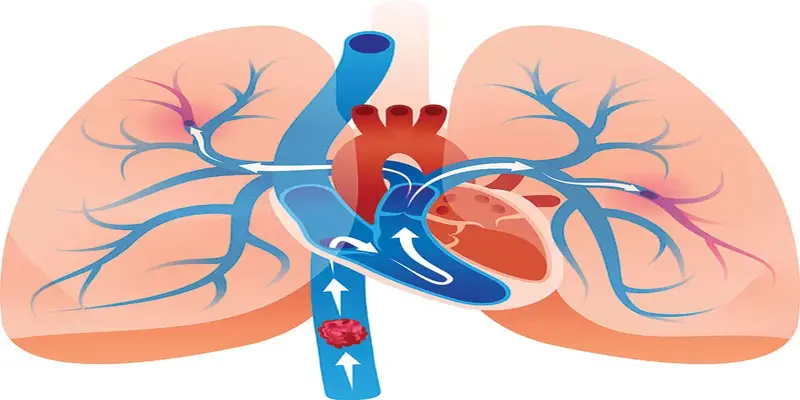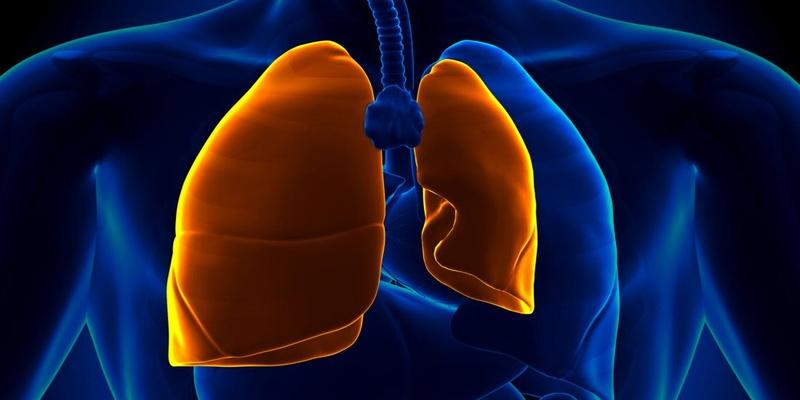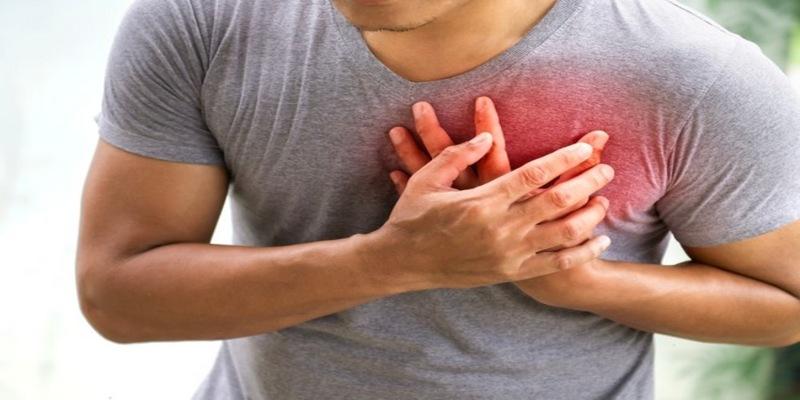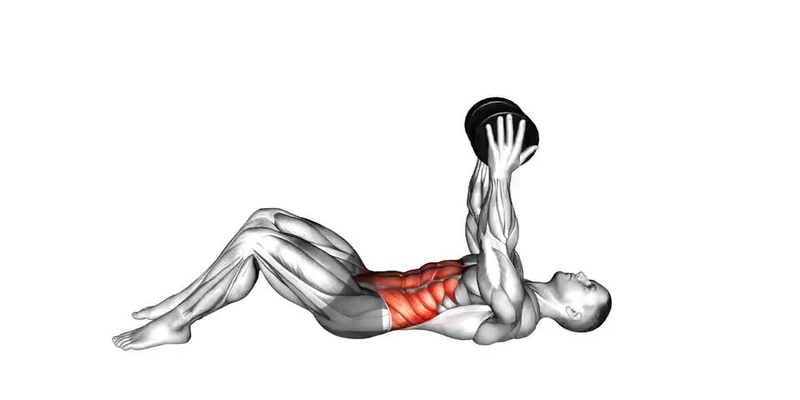It might come about suddenly You're going about your day as usual when suddenly, each breath comes with a sharp, stabbing pain.
Breathing is something we do without thinking, so when it suddenly becomes painful, its both alarming and confusing. In many cases, its nothing serious, and youve dodged a bullet, but sometimes, its a symptom that must be treated immediately.
In many cases, its nothing serious, and youve dodged a bullet, but sometimes, its a symptom that demands immediate attention. Pain like this can be a wake-up call, so its crucial to pay close attention to your body.
If you feel a sharp pain when breathing, its best to nip it in the bud by seeing a doctor for a proper diagnosis. This article will discuss 4 possible causes of stabbing pain when breathing.
Needle-like pain in the chest that comes and goes can take many different forms. It may be chronic or sudden, dull or sharp, or it might feel like burning. Many times, the pain will increase outside the chest region. The cause mainly determines how you feel it.
If you have sudden, acute pain, get medical attention right away. Visit the emergency department if there is duller or milder pain; visiting a physician is still advised.
Giving the doctor a detailed account of your symptoms is crucial since, in most cases, you will also have other symptoms that will aid in diagnosing the underlying cause of your pain.
Sudden sharp pain under the right rib cage when breathing that continues for a short while. Some may compare it to the pain of a stabbing or an electric shock. It appears for a split second and then disappears.
These are a few common causes of this type of chest pain:

This is due to an unexpected obstruction of the lung artery caused by a blood clot left from another part of the bloodstream. According to AHA Journals, many PEs happen due to blood clots within the legs' deep veins.
A pulmonary embolism is a terrifying condition; the big clots may block the oxygen in the body. Some symptoms may include PE
Research shows that if you feel crampy pain in your legs, it may be a sign of deep venous thrombosis (DVT) caused by the blood clot in the legs that may risk getting closer to loose or making its way to the lungs to turn into a PE.
If you have any of these signs, you should visit your doctor as quickly as possible!

Pneumothorax is the air leak through the chest wall cavity from the lungs. It is also known as "collapsed lung," This disorder may cause painful air bubbles to seep into the epidermal layers of the upper chest, neck, and back. Pneumothoraces can reduce blood pressure and even halt the heart in severe situations.
It can also occur spontaneously (especially in tall, skinny young males) as an outcome of an injury and chronic lung ailment. Pneumothoraces that occur spontaneously are more common in smokers.
The following list of signs of a pneumothorax varies according to the level of lung collapse:
A significant pneumothorax can turn deadly very rapidly. Usually, a needle or tube is used to remove the collected air in the chest during treatment.
Treatment may not be necessary for minor air leaks, but monitoring is still required to ensure the situation doesn't worsen. If you think you may have a collapsed lung, see your doctor right away.

A trauma in the chest may be caused by a circumstance involving sports, an accident, or a surgical procedure.
Chest trauma is experienced by those who suffer physical trauma, with the intensity varying from a broken rib to cardiac damage.
Breathing in might cause acute pain due to chest damage. Additional signs of injuries to the chest could be:
Individuals who have suffered a chest injury should get medical help right away. Depending on the origin and extent of the trauma to the chest, doctors will decide the best course of action.
Although many pleuritic pain sources don't present a long-term health risk, Quick medical assistance should be needed if there is any unexplained pain experienced while breathing.
If you suddenly acquire stabbing pain, you should get medical attention right away. Chest pain, particularly if it's accompanying dyspnea or any of the symptoms are listed below:
You may take it seriously if you have experienced these 4 possible causes of stabbing pain when breathing. Otherwise, it may be harmful to you.
If someone has severe pain when inhaling, they should see a medical professional, who will probably want to examine them to determine the source. The medical professional will be able to establish a treatment plan after they have verified this.

By Aldrich Acheson/Sep 06, 2024

By Martina Wlison/Sep 20, 2024

By Pamela Andrew/Sep 25, 2024

By Celia Kreitner/Sep 26, 2024

By Christin Shatzman/Sep 25, 2024

By Madison Evans/Sep 21, 2024

By Sean William/Sep 26, 2024

By Celia Shatzman/Sep 21, 2024

By Elena Davis/Sep 25, 2024

By Aldrich Acheson/Oct 24, 2024

By Maurice Oliver/Sep 20, 2024

By Celia Kreitner/Sep 26, 2024